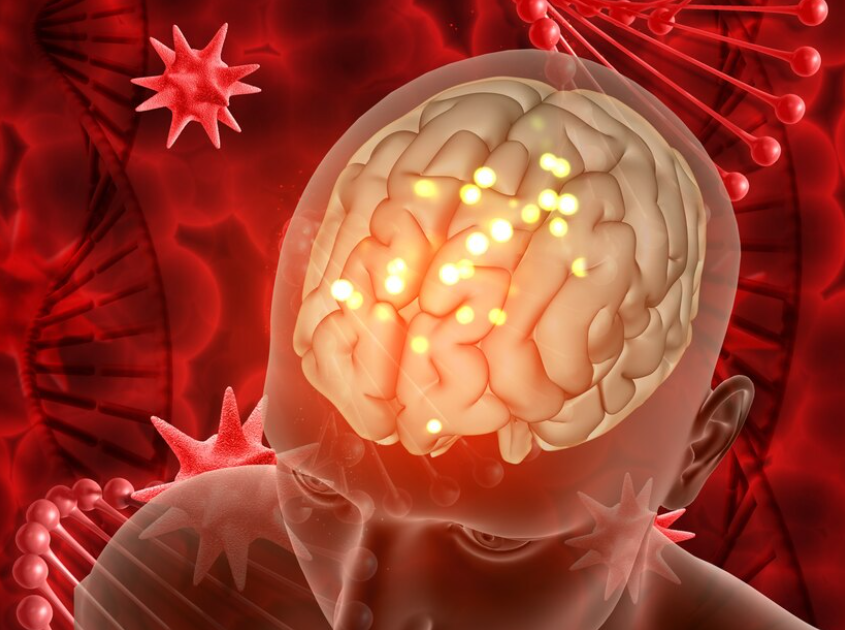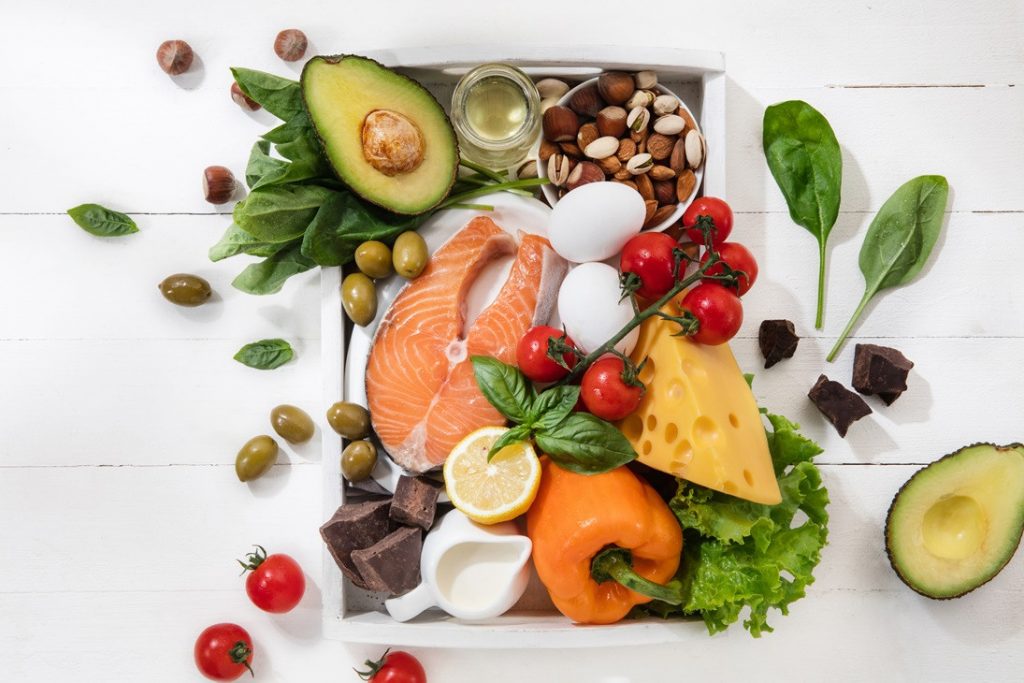In a fast-paced world dominated by convenience, processed foods have become a staple in many diets. From sugary snacks to pre-packaged meals, these items offer quick satisfaction but often lack the nutritional value found in whole foods. While the physical consequences of consuming ultra-processed foods are well-documented, emerging research is shedding light on another concerning aspect: the potential link between processed foods and mental health, particularly depression.
A recent study has unearthed a concerning connection between the consumption of ultra-processed foods and the development of depression, particularly when these items are artificially sweetened. This revelation sheds light on the potential mental health risks associated with indulging in prepackaged meals, sugary snacks, and fizzy drinks.
Understanding Ultra-Processed Foods and Depression
Processed food undergoes various alterations during manufacturing, typically involving additives, preservatives, and refining processes. These alterations strip away nutrients and fiber while introducing high levels of sugar, unhealthy fats, and artificial ingredients. Common examples include packaged snacks, sodas, fast food, and frozen meals.

The Gut-Brain Connection
The gut and brain are intricately connected through a network of neurons, hormones, and biochemical signaling pathways. This connection, known as the gut-brain axis, plays a crucial role in regulating mood, cognition, and emotional responses. Research suggests that the balance of microorganisms in the gut, known as the gut microbiota, significantly influences this axis.
Impact on Mental Health
The study, conducted by researchers from Harvard Medical School and published in the journal JAMA Network Open, examined the diets of nearly 32,000 middle-aged women participating in the Nurses’ Health Study II. The findings revealed a significant association between the intake of ultra-processed foods and an increased risk of depression. Notably, individuals who consumed nine or more portions of ultra-processed foods per day faced a staggering 50% higher risk of developing depression compared to those consuming four portions or less.

Mechanisms at Play
While the exact mechanisms underlying this connection are still being unraveled, several factors are believed to contribute:
- Nutritional Deficiencies: Processed foods are often low in essential nutrients such as vitamins, minerals, and omega-3 fatty acids. These are vital for brain function and mood regulation.
- Inflammation: The high levels of sugar, unhealthy fats, and additives in processed foods can trigger inflammation in the body. This includes inflammation in the brain, which has been linked to depression and other mood disorders.

- Gut Dysbiosis: Consuming processed foods may disrupt the balance of gut bacteria. This can lead to dysbiosis, a condition associated with inflammation and altered neurotransmitter levels, potentially influencing mood and behavior.
- Blood Sugar Dysregulation: Processed foods with high glycemic loads can cause rapid spikes and crashes in blood sugar levels. This affects energy levels and mood stability.
A Call for Action
The implications of these findings are profound, emphasizing the importance of dietary choices in promoting mental well-being. While processed foods may offer convenience, their long-term impact on mental health cannot be overlooked. Encouragingly, making small but significant changes to one’s diet can yield significant benefits.
- Choose Whole Foods: Opt for whole, minimally processed foods such as fruits, vegetables, whole grains, lean proteins, and healthy fats. These foods provide essential nutrients and support overall health.

- Limit Processed Foods: Reduce the intake of processed foods high in sugar, unhealthy fats, and additives. Instead, focus on nourishing the body with wholesome, nutrient-dense options.
- Prioritize Gut Health: Support a healthy gut by consuming probiotic-rich foods such as yogurt, kefir, sauerkraut, and kimchi. Fiber-rich foods like fruits, vegetables, and legumes also promote gut health.
- Mindful Eating: Practice mindful eating by paying attention to hunger and fullness cues. Take time to enjoy the flavors and textures of food, and avoid distractions while eating.
In summary, the link between processed foods and depression underscores the profound impact of diet on mental health. By prioritizing whole, nutrient-rich foods and supporting gut health, individuals can take proactive steps to nurture their well-being. As we continue to unravel the complexities of this relationship, empowering individuals with knowledge and resources to make informed dietary choices becomes increasingly vital in promoting mental wellness.
How is that sugar detox going? Tell us in the comments.
You may also like: What Is Gut Health and How Can You Improve It?



